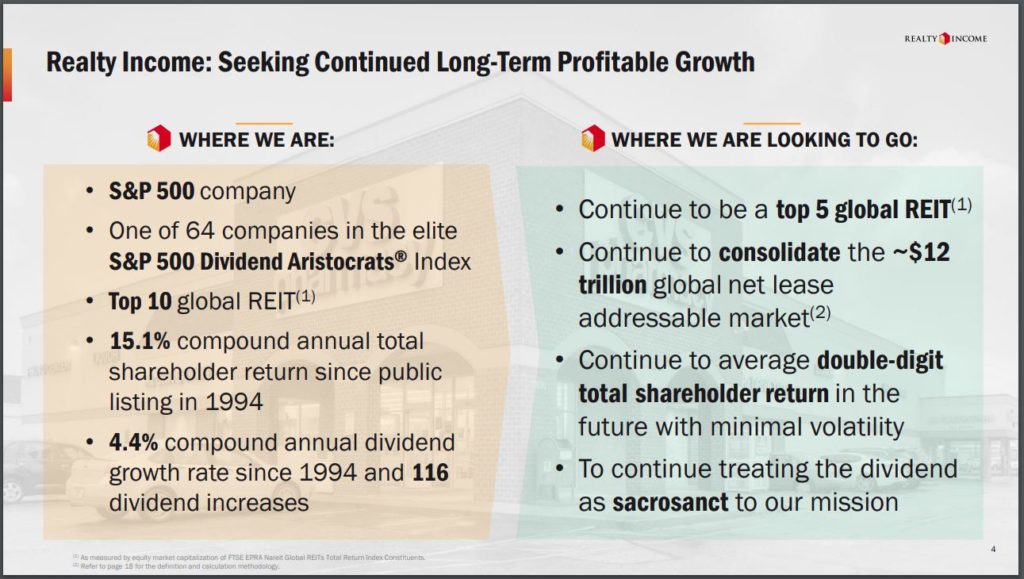Embark on a journey through the realm of Top Smart Home Systems That Actually Save You Money in 2025, where innovation meets practicality to revolutionize how we manage our homes and finances.
Delve into the world of energy-efficient technologies, automation wonders, and solar power integrations that promise to reshape our households and wallets for the better.
Top 5 Smart Home Systems for Saving Money
Smart home systems have revolutionized how we manage our homes, offering convenience and efficiency while also helping us save money in the long run. Here are the top 5 smart home systems that are known for their cost-saving benefits:
1. Smart Thermostats
Smart thermostats, like Nest and Ecobee, learn your habits and adjust the temperature accordingly, optimizing energy usage. By reducing heating and cooling costs, they can save homeowners up to 12% on heating and 15% on cooling bills annually.
2. Energy Monitoring Systems
Energy monitoring systems, such as Sense and Curb, track energy consumption in real-time, providing insights on where energy is being wasted. By identifying energy-hungry appliances and behaviors, users can make adjustments to save up to 15% on their electricity bills.
3. Smart Lighting Systems
Smart lighting systems, like Philips Hue and Lutron Caseta, allow users to control lights remotely and set schedules for efficient usage. By ensuring lights are only on when needed, homeowners can reduce electricity costs by as much as 30%.
4. Smart Irrigation Systems
Smart irrigation systems, such as Rachio and RainMachine, adjust watering schedules based on weather conditions and soil moisture levels, preventing over-watering. By optimizing water usage, users can save up to 50% on their water bills.
5. Smart Home Security Systems
Smart home security systems, like Ring and SimpliSafe, not only protect your home but also offer insurance discounts and prevent costly break-ins. By deterring burglars and notifying homeowners of potential threats, these systems can save money on insurance premiums and property damage.By investing in these top smart home systems, homeowners can enjoy both the convenience of a connected home and significant long-term savings on utility bills and other expenses.
Energy-Efficient Features of Smart Home Systems
Smart home systems come with a variety of energy-efficient features that can help reduce energy consumption and ultimately lower utility bills. These features are designed to automate and optimize the way energy is used in the home, resulting in significant cost savings over time.Some common energy-efficient features found in smart home systems include:
1. Smart Thermostats
Smart thermostats allow homeowners to easily control their heating and cooling systems remotely through a mobile app. They can learn your schedule and adjust the temperature accordingly, ensuring that energy is not wasted when no one is home. By optimizing heating and cooling cycles, smart thermostats can help reduce energy consumption and save money on heating and cooling bills.
2. Energy Monitoring
Many smart home systems come with energy monitoring features that track energy usage in real-time. By providing insights into how and when energy is being used, homeowners can identify areas where energy is being wasted and make adjustments to optimize energy efficiency.
This can lead to significant savings on utility bills over time.
3. Smart Lighting
Smart lighting systems allow homeowners to control their lights remotely and set schedules to ensure lights are not left on unnecessarily. By using LED bulbs and dimming features, smart lighting systems can help reduce energy consumption and lower electricity bills.
Additionally, motion sensors can be used to automatically turn off lights in unoccupied rooms, further saving energy.
4. Energy-Efficient Appliances
Smart home systems often integrate with energy-efficient appliances, such as refrigerators, washers, and dryers. These appliances are designed to use less energy while still providing optimal performance. By connecting these appliances to a smart home system, homeowners can monitor and control their energy usage, leading to cost savings on electricity bills.
5. Solar Panel Integration
Some smart home systems offer integration with solar panels, allowing homeowners to generate their own clean energy. By harnessing the power of the sun, homeowners can reduce their reliance on the grid and lower their electricity bills. Smart home systems can help optimize the usage of solar energy by coordinating when appliances use electricity based on the availability of solar power.These energy-efficient features of smart home systems can result in substantial energy savings and help homeowners reduce their environmental footprint while also saving money in the long run.
Smart Home Automation for Cost Savings
Smart home automation offers a wide range of benefits beyond just convenience and comfort. One of the significant advantages is the potential for substantial cost savings over time. By utilizing smart technologies to optimize energy usage and reduce wastage, homeowners can see a noticeable decrease in their utility bills and overall expenses.
Optimizing Energy Usage
Smart home automation systems can monitor and control energy consumption more efficiently than traditional methods. For example, smart thermostats can learn your schedule and adjust the temperature accordingly, reducing heating and cooling costs. Smart lighting systems can automatically turn off lights in unoccupied rooms, further saving on electricity expenses.
Reducing Wastage
Automation can help eliminate energy wastage by ensuring that devices are not left on unnecessarily. Smart plugs and power strips can cut off power to appliances when they are not in use, preventing standby power consumption. This proactive approach to energy management can lead to significant savings over time.
Long-Term Financial Benefits
While the initial investment in smart home automation may seem significant, the long-term financial benefits far outweigh the upfront costs. With lower utility bills, reduced maintenance expenses, and increased efficiency, homeowners can recoup their investment and continue to save money in the years to come.
Additionally, smart home systems can increase the value of the property, providing a return on investment if the house is ever sold.
Integration of Solar Power with Smart Home Systems

Integrating solar power with smart home systems can be a game-changer when it comes to cost savings and energy efficiency. By harnessing the power of the sun and combining it with smart devices, homeowners can significantly reduce their electricity bills and environmental impact.
Advantages of Using Solar Power in Conjunction with Smart Devices
- Increased Energy Efficiency: Solar panels generate clean, renewable energy that can power various devices in a smart home, reducing reliance on traditional electricity sources.
- Cost Savings: By using solar power to supplement energy needs, homeowners can lower their electricity bills and potentially even earn credits through net metering programs.
- Environmental Benefits: Solar power is a sustainable energy source that reduces carbon emissions and helps combat climate change, making it a greener choice for powering smart home systems.
- Energy Independence: With solar power, homeowners can become less dependent on the grid and enjoy a more self-sufficient energy supply, especially during power outages or emergencies.
Potential Return on Investment for Homeowners
Integrating solar power with smart home systems can result in a positive return on investment for homeowners over time. While the initial cost of installing solar panels and smart devices may seem high, the long-term savings on energy bills and potential incentives can make it a worthwhile investment.
Additionally, the resale value of homes with integrated solar and smart technology tends to be higher, providing homeowners with added financial benefits in the future.
Concluding Remarks
As we conclude our exploration of Top Smart Home Systems That Actually Save You Money in 2025, remember that the future of smart living is not just convenient but also fiscally rewarding. Embrace these advancements and watch your savings grow along with your comfort and convenience.
Quick FAQs
How can smart home systems actually save me money?
Smart home systems help in reducing energy consumption, optimizing resource usage, and automating cost-saving processes, leading to significant savings on utility bills over time.
Are smart home systems difficult to install and maintain?
Most smart home systems are designed for easy installation and minimal maintenance, with user-friendly interfaces and comprehensive guides to assist homeowners in setting up and managing their devices effortlessly.
What is the typical lifespan of smart home devices?
The lifespan of smart home devices varies depending on the brand and usage but is generally estimated to be around 5-10 years, ensuring long-term benefits and cost savings for homeowners.




